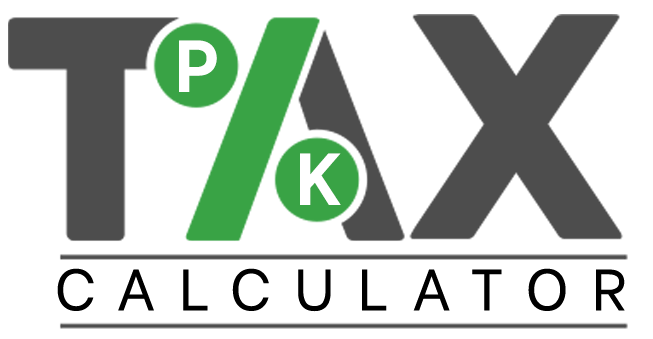Understanding Pakistan’s E-Invoicing System
Understanding Pakistan’s E-Invoicing System: A Guide for Businesses
In a bid to modernize tax administration and enhance transparency, Pakistan has introduced a new e-invoicing system through SRO No. 69(I)/2025. Pakistan’s e-invoicing system represents a significant shift in how businesses report sales transactions and comply with tax regulations. Whether you’re a retailer, wholesaler, importer, or manufacturer, understanding the applicability, key features, and compliance requirements of this system is crucial. Here’s everything you need to know:
Who Does the E-Invoicing System Apply To?
The e-invoicing system is designed to cover a wide range of taxpayers, ensuring comprehensive compliance across various sectors. Here’s a breakdown of who falls under its scope:
- Retailers: Both Tier-1 retailers (those registered under sales tax and engaged in large-scale retail operations) and non-Tier-1 retailers are included.
- Wholesalers and Distributors: Businesses involved in wholesale distribution must comply with the new system.
- Commercial Importers: Importers dealing in commercial goods are also required to adhere to the e-invoicing mandate.
- Manufacturers: All manufacturing units are encompassed within the scope of the system.
Key Features of the E-Invoicing System
The e-invoicing system introduces several critical components to streamline tax reporting and ensure transparency. Here are the standout features:
- Real-Time Integration: Businesses must link their invoicing systems with the Federal Board of Revenue (FBR)’s computerized system to enable real-time reporting of sales transactions.
- Mandatory Invoice Particulars:
Every electronic invoice must include specific details, such as:
- A unique FBR invoice number.
- A verifiable QR code.
- The registration number of the invoicing software.
- The FBR’s official logo.
- Seller’s and buyer’s details (name, address, and registration number).
- Date of invoice issuance, tax period, and description of goods or services.
- Value exclusive of tax, applicable tax rates, and total discount offered.
- HS code (if applicable).
- CCTV Monitoring:
- The FBR may require businesses to install CCTV cameras at points of sale to monitor transactions. Recordings must be retained for at least one month and provided to the FBR upon request.
- Digital Payment Integration:
- Businesses are encouraged to integrate digital payment methods, such as debit/credit card machines or QR codes, at all points of sale.
Compliance and Reporting Obligations
To comply with the new e-invoicing regulations, businesses must take the following steps:
- System Integration:
- Ensure that the FBR’s platform fully integrates with your invoicing system for real-time data transmission.
- Data Accuracy:
- Maintain accurate records of all sales transactions. The FBR will auto-fill relevant sections of the sales tax return based on the electronic invoices submitted.
- Error Reporting:
- Implement systems capable of detecting and reporting any malpractices or errors to the FBR promptly.
- Record Retention:
- Retain electronic invoices and related records for a minimum of six years.
Penalties for Non-Compliance
Failure to comply with the e-invoicing requirements can result in severe consequences, including:
- Initial Penalty: A fine of up to PKR 1 million.
- Continued Non-Compliance: If non-compliance persists beyond two months, Inland Revenue officers may seal the business premises.
- Escalating Penalties: Repeated defaults can lead to fines of up to PKR 3 million, along with the sealing of business premises.
Looking Forward: What This Means for Businesses
The implementation of the e-invoicing system marks a significant step toward modernizing Pakistan’s tax administration. By emphasizing real-time monitoring and transparency, the system aims to:
- Enhance tax collection efficiency.
- Foster a culture of accountability within the business community.
- Reduce tax evasion and improve compliance.
Businesses falling within the specified categories must act promptly to integrate their systems with the FBR’s e-invoicing platform. Compliance is not just about avoiding penalties—it’s about contributing to a more transparent and efficient tax system.
Final Thoughts:
The e-invoicing system is a game changer for Pakistan’s tax landscape. While it may require initial adjustments, the long-term benefits such as streamlined processes, reduced errors, and improved compliance are well worth the effort. By staying informed and proactive, businesses can navigate this transition smoothly and avoid the pitfalls of non-compliance.
If you’re a retailer, wholesaler, importer, or manufacturer, now is the time to ensure your systems are ready for this new era of tax administration. Let’s embrace this change and work toward a more transparent and accountable business environment.
